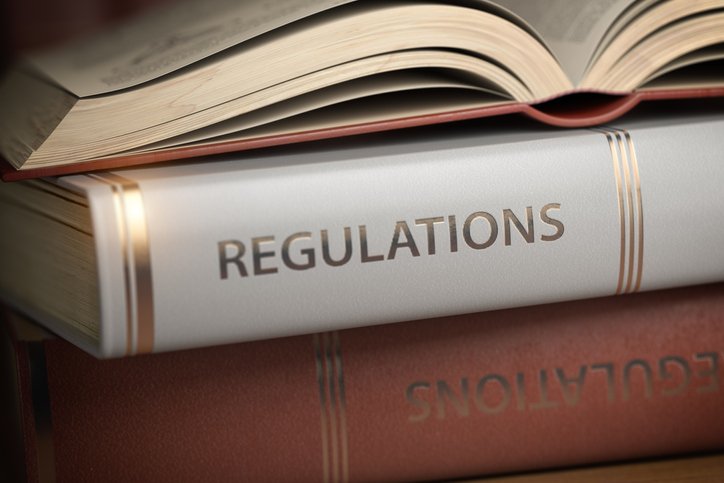In a world of rapid innovation and globalization, regulations act as the invisible framework that keeps systems safe, fair, and functioning. Whether you’re running a business, managing a financial institution, or simply using social media—regulations affect your daily life more than you might realize.
But what exactly are regulations, and why are they so important?
📘 What Are Regulations?
Regulations are official rules or laws created by governments or regulatory bodies to control or govern behavior within specific industries, markets, or areas of public interest.
They are designed to:
- Ensure safety
- Promote fairness
- Protect the environment
- Prevent fraud or abuse
- Uphold public trust
While legislation sets the broader legal framework, regulations provide detailed guidelines on how laws are applied.
🧱 Examples of Regulatory Areas
1. Finance
- Enforced by: Securities and Exchange Commission (SEC), central banks, etc.
- Purpose: Prevent insider trading, ensure transparency, protect investors.
2. Healthcare
- Enforced by: FDA (U.S.), MHRA (UK), or Drug Regulatory Authorities in other countries.
- Purpose: Approve medicines, ensure safety and ethics in medical trials.
3. Environmental
- Enforced by: EPA (U.S.), Environmental Ministries worldwide.
- Purpose: Limit pollution, promote sustainable practices, protect ecosystems.
4. Technology & Data
- Enforced by: Data Protection Authorities (like GDPR in Europe).
- Purpose: Protect consumer data, ensure ethical use of AI, limit misinformation.
5. Labor & Employment
- Enforced by: Labor departments and ministries.
- Purpose: Enforce minimum wage laws, protect worker rights, ensure workplace safety.
🧭 Why Are Regulations Important?
- Protect the Public
Regulations ensure that products and services are safe to use and that companies act responsibly. - Level the Playing Field
In business, regulations promote competition and prevent monopolies or unfair practices. - Enhance Trust
Regulated environments give consumers, investors, and partners confidence in markets and services. - Prevent Crises
Financial rules, environmental checks, and safety codes help prevent disasters like economic crashes or industrial accidents. - Support Innovation (When Balanced)
While over-regulation can stifle creativity, well-designed regulations guide ethical innovation—especially in fields like biotech and AI.
⚖️ Who Makes and Enforces Regulations?
Regulations are typically created and enforced by:
- Government agencies (e.g., SEC, EPA)
- Regulatory commissions (e.g., Telecom Regulatory Authorities)
- International bodies (e.g., World Health Organization, WTO)
- Industry-specific watchdogs or self-regulating organizations
🚧 Challenges of Regulations
- Over-Regulation: Too many rules can burden businesses and slow progress.
- Under-Regulation: Lack of rules can lead to abuse, fraud, and crises.
- Global Coordination: Different countries have different standards, making global compliance complex.
- Keeping Up with Change: Technology evolves faster than regulation, leading to legal gray areas (like AI or crypto).
🌍 Regulations in a Globalized World
Today, many regulations must be coordinated internationally. For example:
- Financial markets must follow global anti-money laundering (AML) laws.
- Tech companies must comply with cross-border data privacy laws.
- Climate regulations now involve global treaties and carbon targets.
✅ Final Thoughts
Regulations are more than red tape—they are the backbone of modern society. They protect rights, ensure safety, and create an environment where ethical businesses can thrive. As the world grows more complex, smart, adaptive, and transparent regulation will be key to balancing innovation with responsibility.
